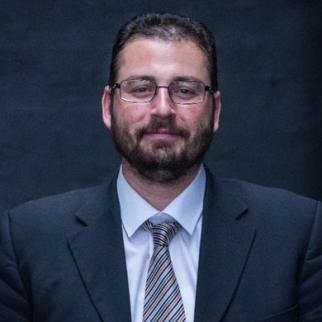Stanford Digital Fellow Georgios Petropoulos joined us on November 6, 2023, for his seminar, “Platform Competition and Information Sharing.”
Digital platforms, empowered by artificial intelligence algorithms, facilitate efficient interactions between consumers and merchants that allow the collection of profiling information which drives innovation and welfare. Private incentives, however, lead to information asymmetries resulting in market failures. This paper develops a product differentiation model of competition between two platforms to study private and social incentives to share information. Sharing information can be welfare-enhancing because it solves the data bottleneck market failure. Our findings imply that there is scope for the introduction of a mandatory information-sharing mechanism from big tech to their competitors that help the latter to improve their network value proposition and become more competitive in the market. The price of information in this sharing mechanism matters. We show that price regulation over information sharing like the one applied in the EU jurisdiction increases the incentives of big platforms to collect and analyze more data. It has ambiguous effects on their competitors that depend on the exact relationship between information and network value.

Georgios Petropoulos is a research associate at the Initiative on the Digital Economy of the MIT Sloan School of Management and a digital fellow at the Stanford Digital Economy Lab. His research focuses on the implications of digital technologies on innovation, competition policy, and labor markets. He is studying how we should regulate big digital platforms as well as how the adoption of robots and artificial intelligence affect labor productivity and work.